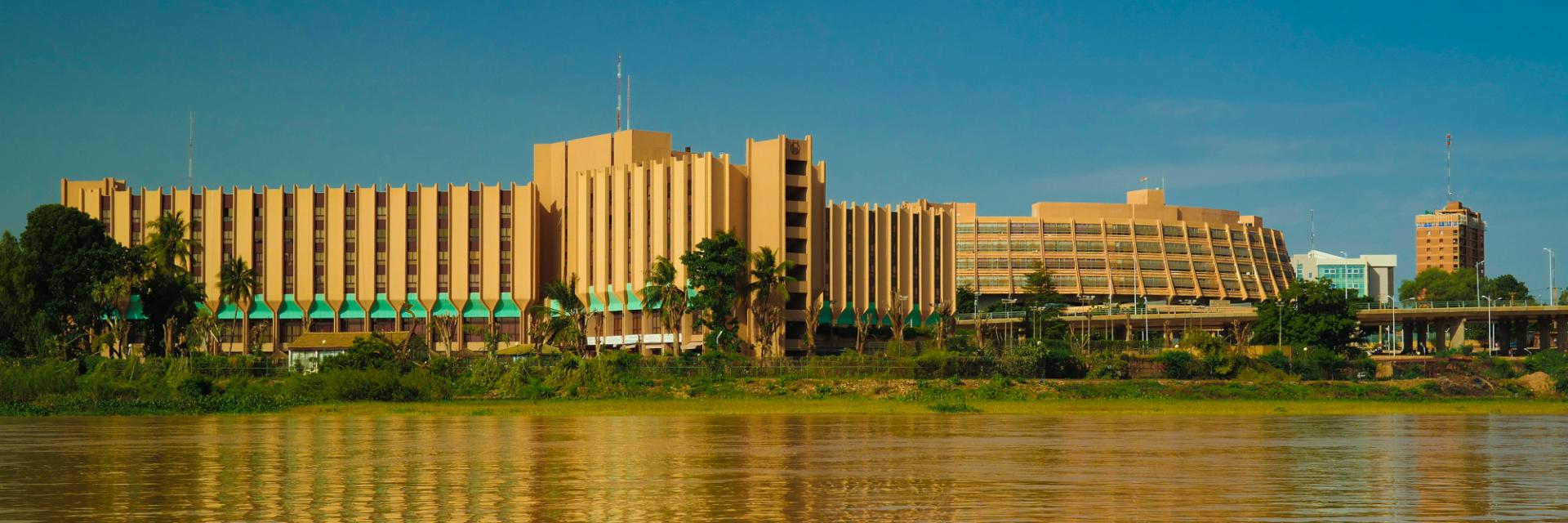Niamey, Niger, 20 June 2024 – The Government of Niger has taken a significant step towards integrating Demographic Dividend Responsive Budgeting (BSDD) into its financial planning processes. On June 20, the General Directorate of Budget in the country’s Ministry of Economy and Finance kicked off a two-day workshop in Niamey to provide technical support to budget executives.
Organized by the United Nations Economic Commission for Africa's Sub-Regional Office for West Africa (SRO-WA/ECA), in collaboration with Niger's Ministry of Economy and Finance and the Ministry of Public Health, Population, and Social Affairs, the two-day event is set against a backdrop of rapid demographic growth.
According to the National Institute of Statistics (NIS), Niger's population surged from 17.1 million in 2012 to 25.4 million in 2023, driven by a high fertility rate of 6.2 children per woman.
DIOUF Djibo, Niger’s Director General of Budgets, highlighted the urgency of addressing the burgeoning population's impact on social services.
"With a fertility rate of 6.2 children per woman, the concern is not the number, but the quality of care," Mr Djibo stated, emphasizing the need for a nuanced approach to demographic challenges.
The workshop underscores Niger's strategic commitment to leveraging its demographic profile for socio-economic development. Fabien Ngendakuriyo, an economist at SRO-WA/ECA, stressed the importance of reallocating budget resources to pivotal sectors like education and health.
"A low budget allocation to these sectors risks delaying the demographic transition and achieving sustainable development goals," Mr Ngendakuriyo warned.
Historical budgetary trends reveal a reduction in education expenditure from 17% (2013-2017) to 10% (2018-2020), while health expenditure saw a slight increase from 5.5% to 7% over the same periods.
Mr Ngendakuriyo concluded that BSDD focuses on efficiently reallocating existing resources to capture the demographic dividend effectively.
The main objective of the workshop is to strengthen the capacities of the ministries and institutions responsible for budget formulation and execution to incorporate BSDD into Niger's budgetary process. This initiative aims to enhance the effectiveness of public expenditure in the context of the 2024 budget execution and ensure the inclusion of BSDD in the 2025 fiscal year planning.
Participants included executives from the General Directorate of Budget, the General Directorate of Population, the Ministry of National Education, Literacy, Vocational Education and Promotion of National Languages, the Ministry of Youth, Sports, Arts and Culture, the National Institute of Statistics, the United Nations Population Fund (UNFPA), and UNDP.
Mr. Tahirou Gouro, Communications Officer, SRO-WA/ECA

